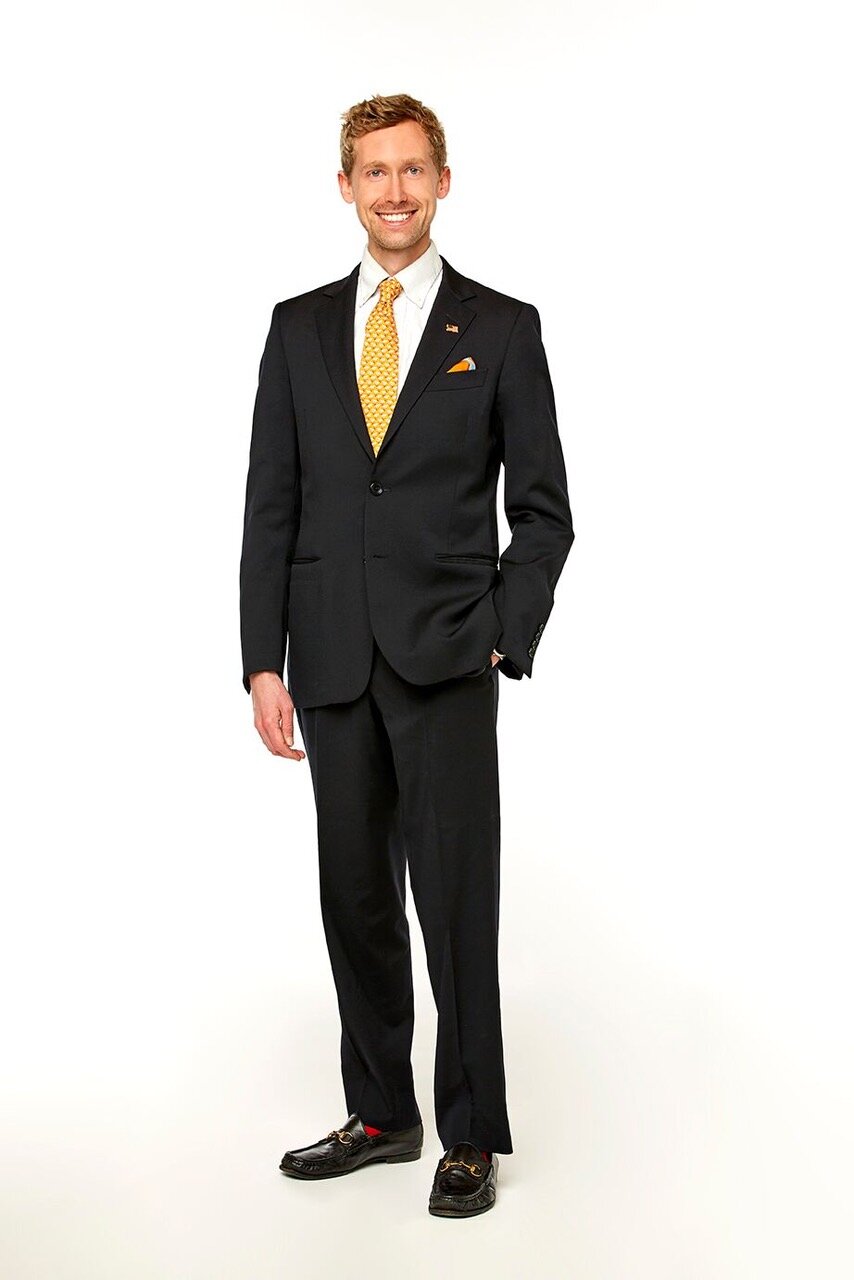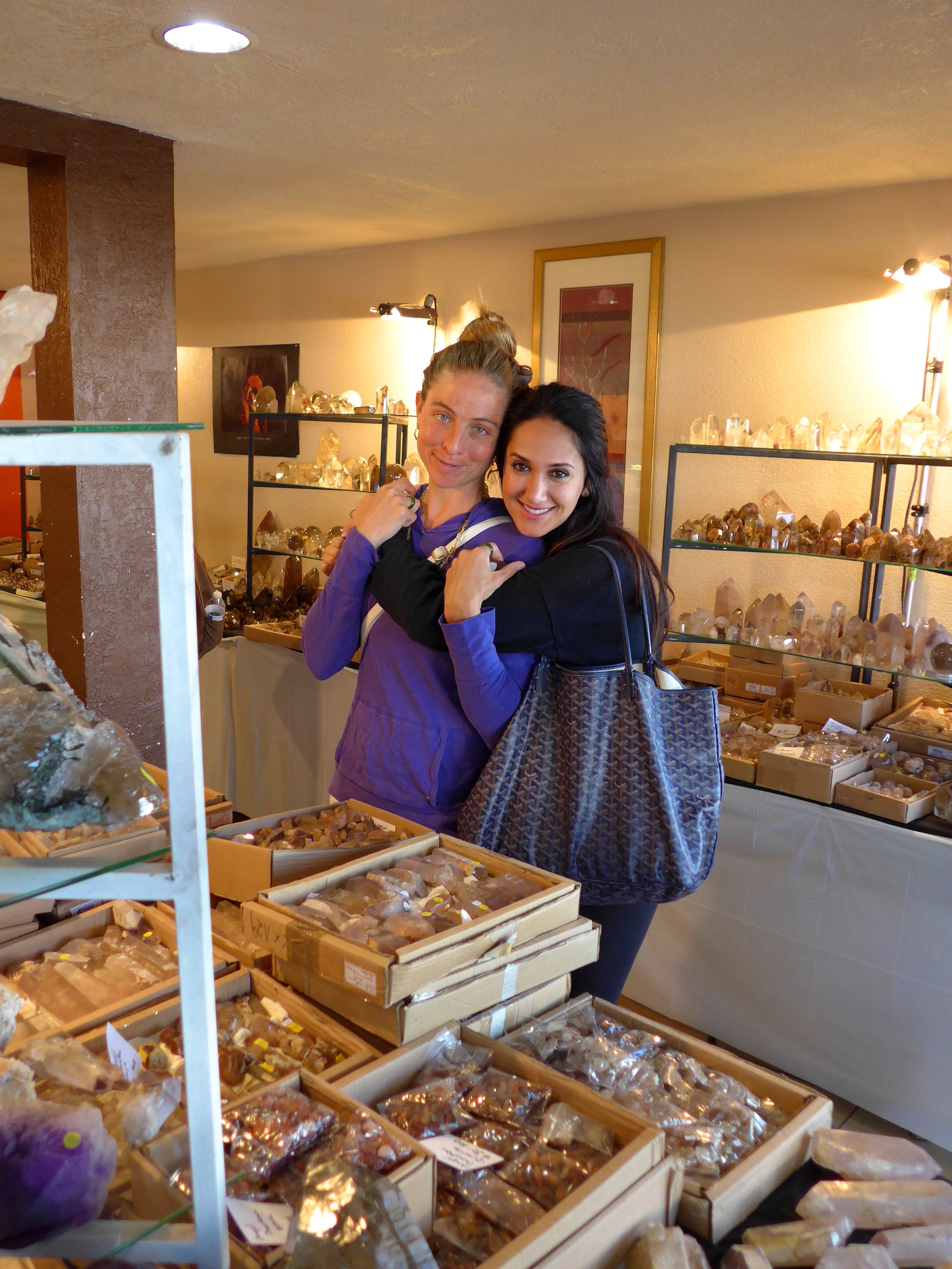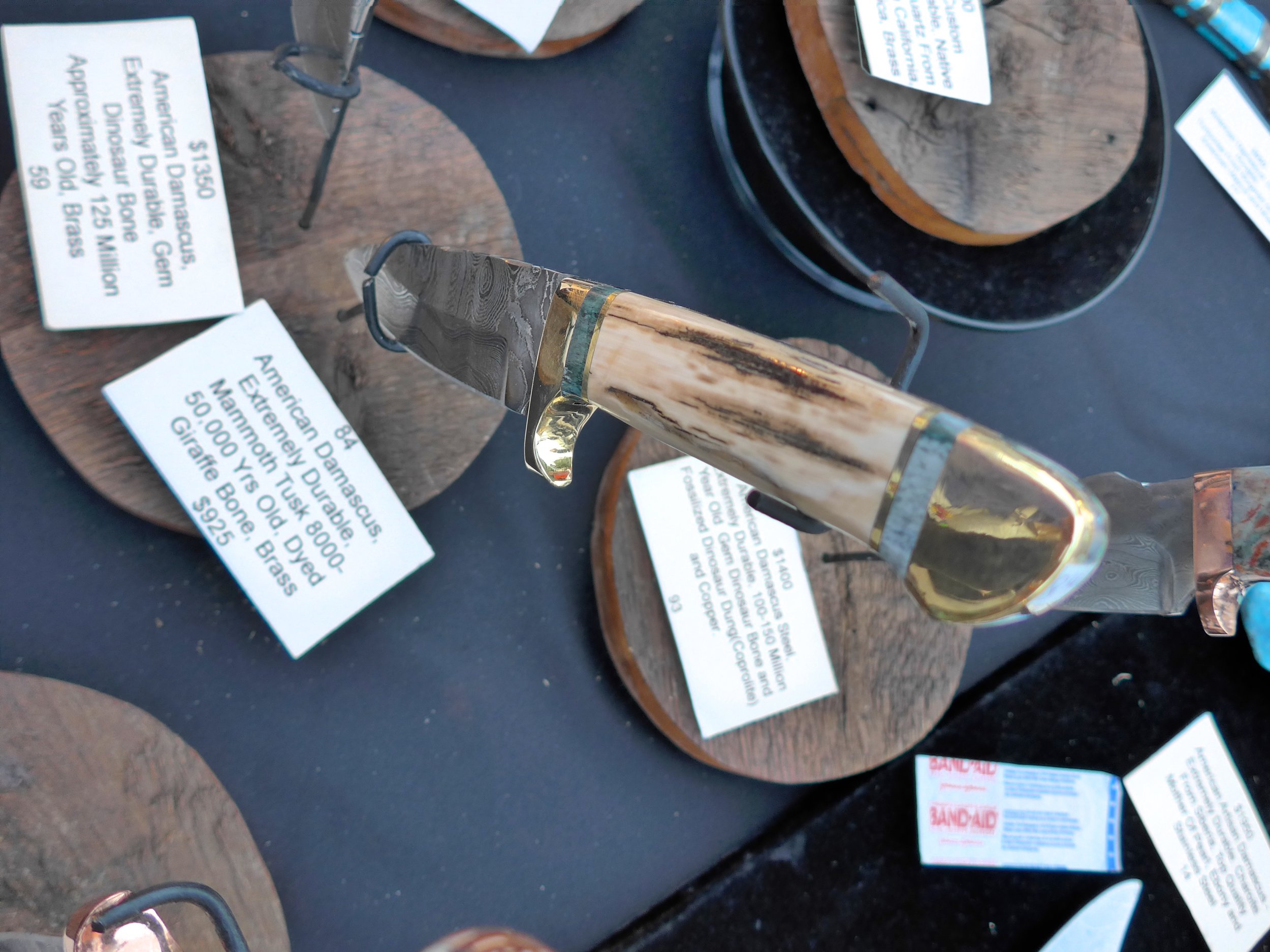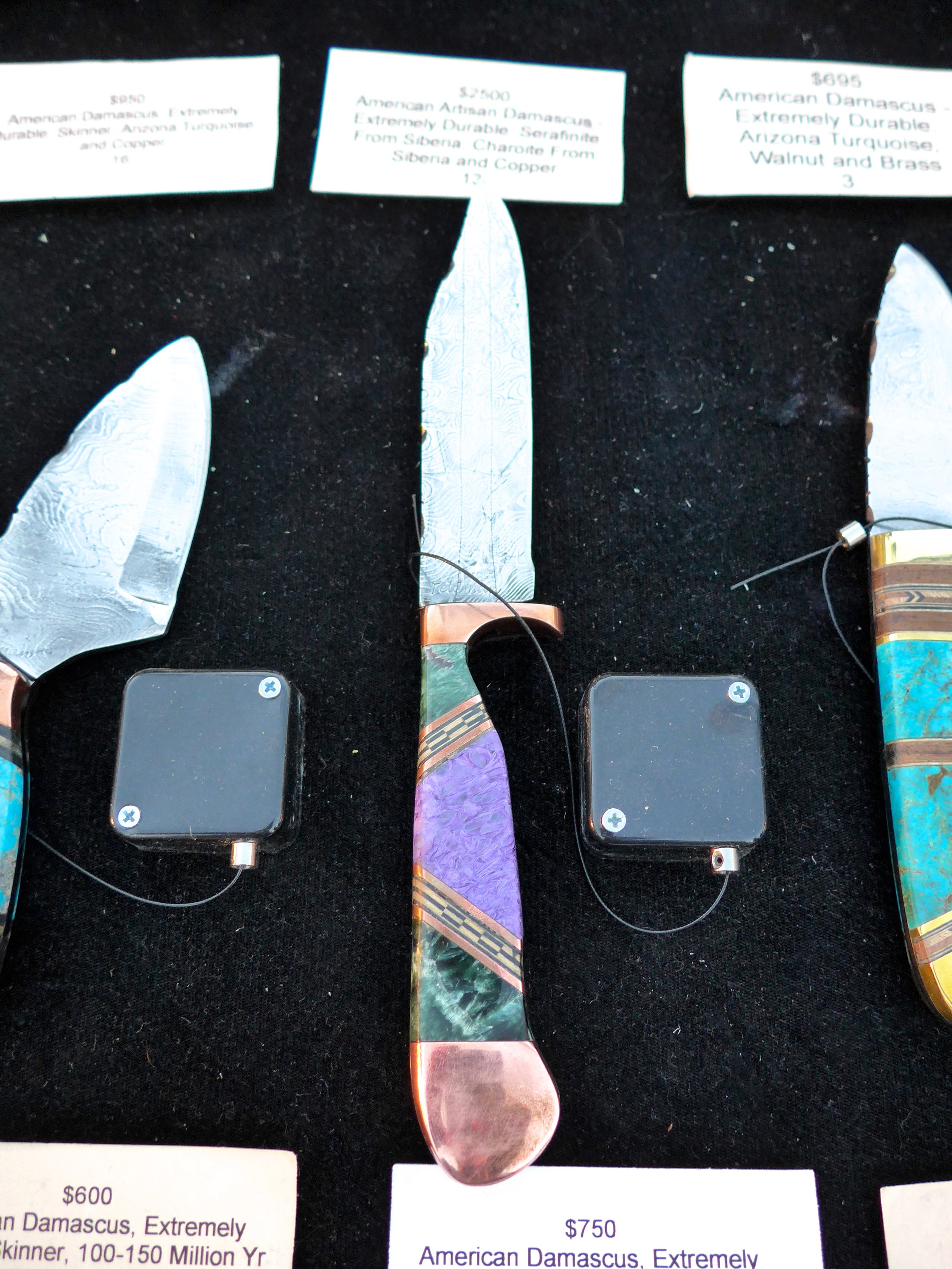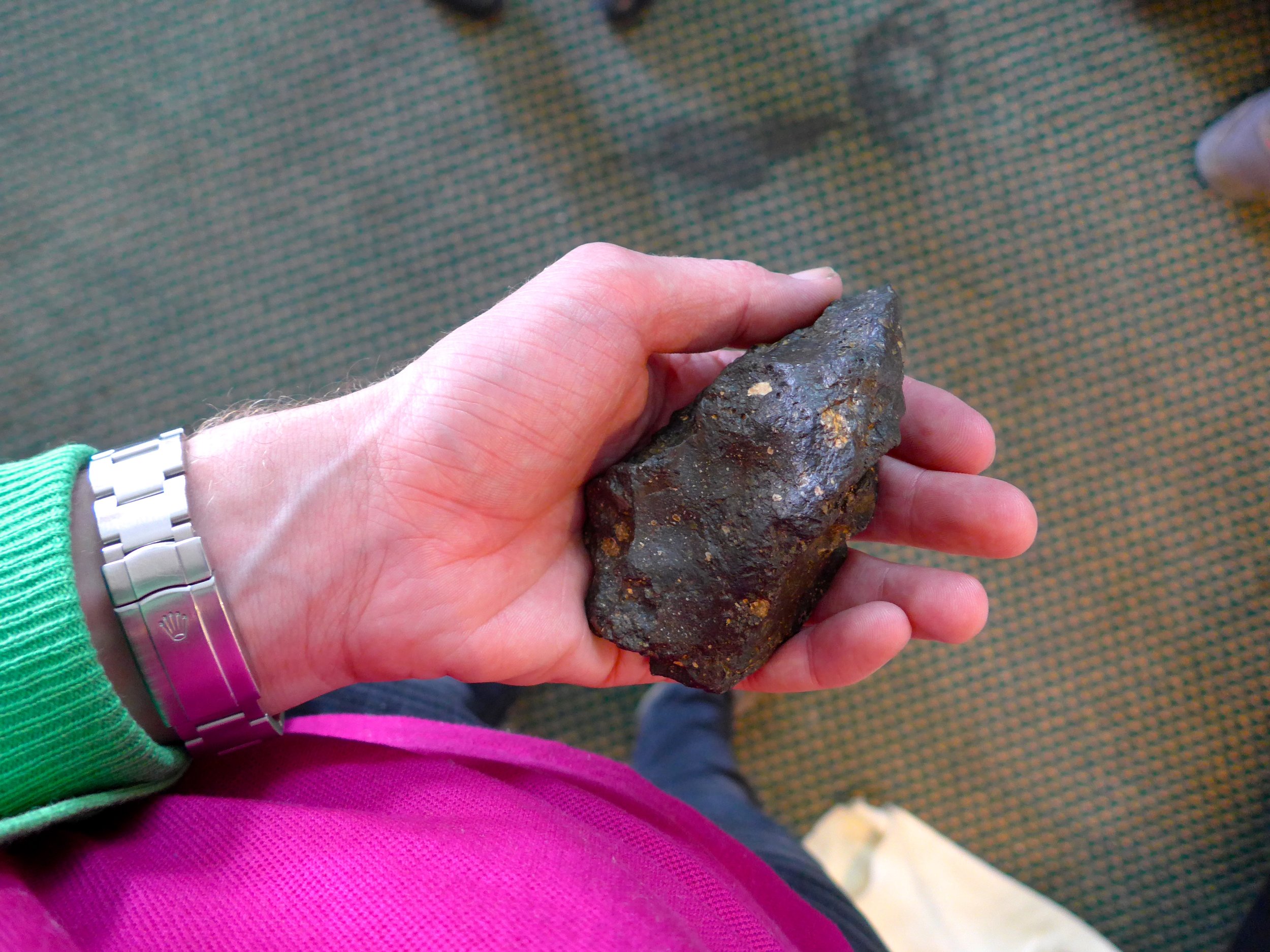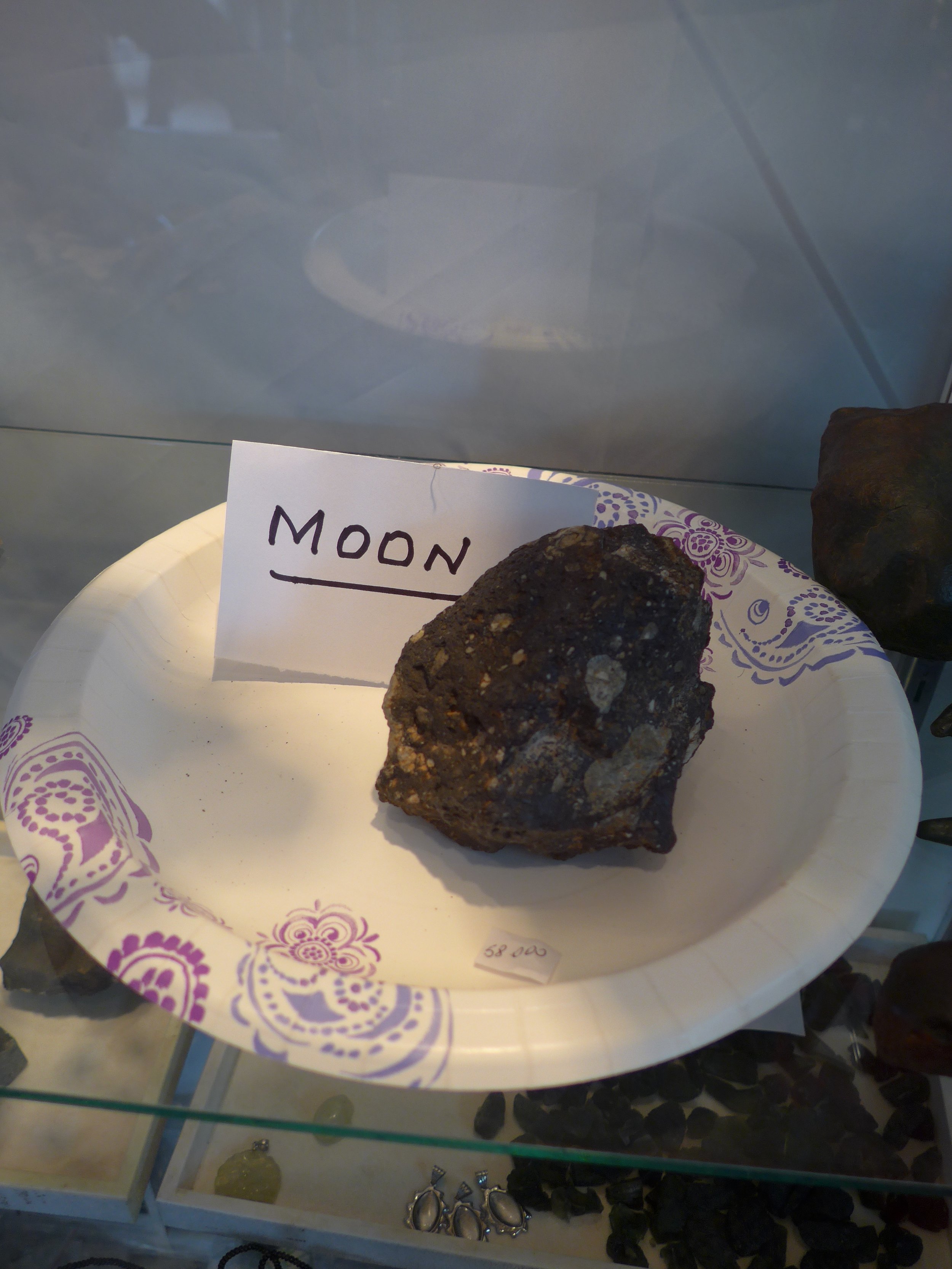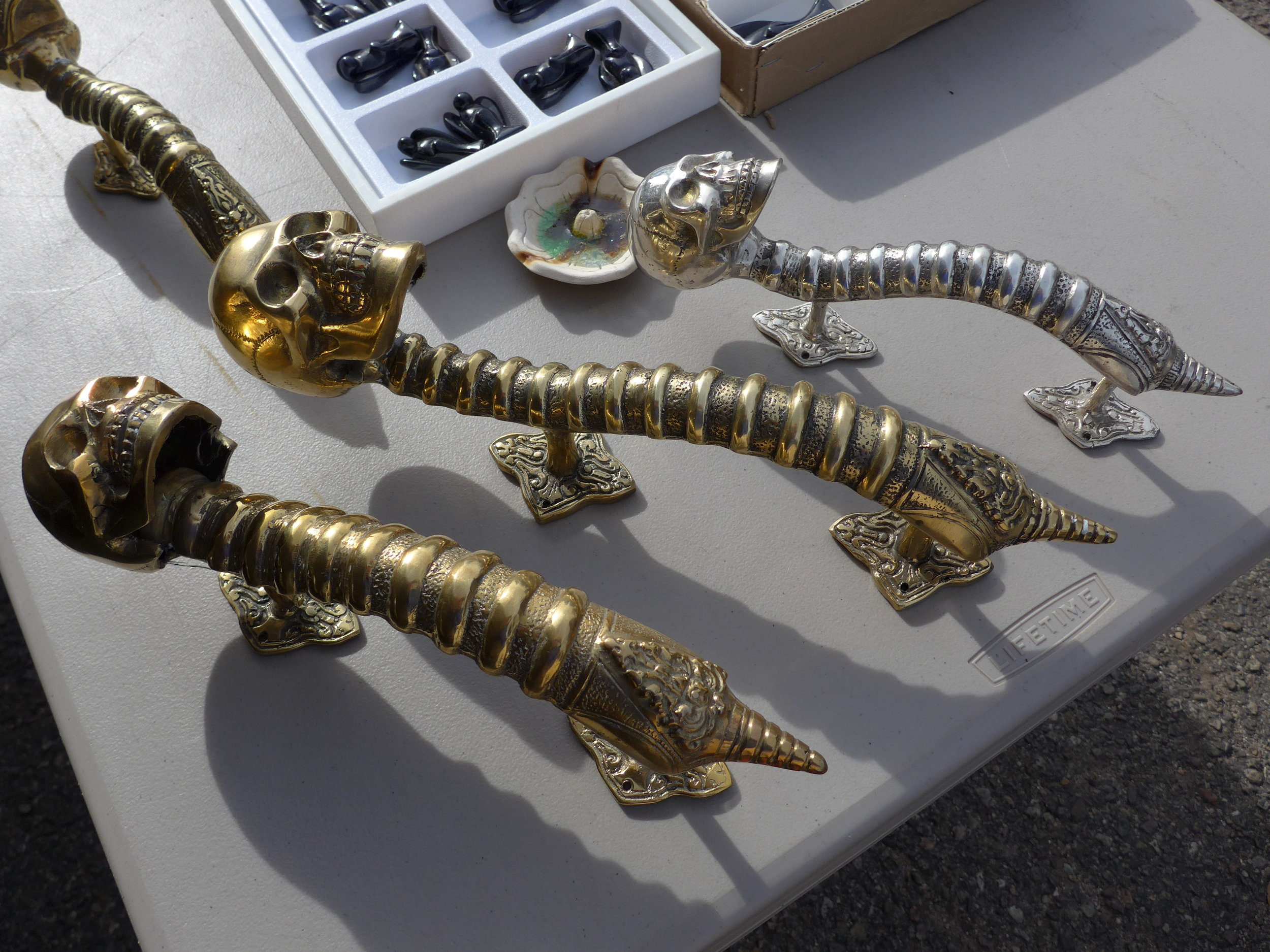So I’m in Montana visiting my friend Frannie at the Yellowstone Club. If you’re not familiar with it, it’s a private residential community in Big Sky. It has an interesting history, but from what I can tell is the premier private community for those with higher standards. And it’s not cheap. Which means that the membership is left to a small, very successful few. Members include Eric Schmidt, Tom Brady and Peter Berg. And what better way to learn how to be successful than putting yourself around successful people! You’re the average of the 5 people you spend the most time with, so choose wisely.
Yesterday we went to a mentor panel. Five successful businessmen and businesswomen were asked to share a little bit about what they thought got them where they were. Here, I’d like to share with you my takeaway.
First up was my friend Neale Attenborough! A fellow east-coaster. Neale is an operating executive at Golden Gate Capital, and has a history of selling “lady’s dresses” as he puts it. Neale’s main point was that every connection matters. He says that something along the lines of 85% of jobs are found through networking. And you never know what a person you meet today will be doing a year from now. And when networking, Neale stresses the importance of listening and asking questions. If you really engage and try to learn about the person you’re connecting with, you’re going to walk away with more than you left. Then there’s the part I didn’t like hearing so much. “There’s no substitute for hard work.” Shit. But then I realized, if you’re doing what you love, it’s not really work. Like writing this. It could be seen as work, but I’m enjoying organizing and sharing my notes! Neale went on to say that effort and hard work will always be noticed. Neale ended with something that I thought was really important. Especially because successful people often get a bad wrap as being sharks, or cut throat and only out for themselves (Recent Relevant Article). He stressed that it’s important to always be kind, and that the majority of the business leaders he’s met with, were also some of the kindest people he’s met.
Next up was Nancy Domaille. She and her husband founded a precision engineering and manufacturing company, Domaille Engineering. She began working at IBM after college, working on AS400. Her husband had a thing for fiber optics. So when they began to feel stagnant in their jobs, they took out a loan to start their own business. The most important takeaway from her, was that it should be your goal to make your clients successful. A successful business has to constantly focus on how they can develop a better product and service. I think a lot of people forget that. Without clients, there is no business. I think this ties into something else she talked about, getting satisfaction out of your work. Her take is that as long as you’re doing something meaningful, that satisfaction has to come. I got the impression that she implied satisfaction “will come,” meaning that at first you have to do something meaningful without getting any satisfaction. She and her husband have an interesting story, in that they sold their company, turned around a few years later and bought it back. And then sold it again! “We sold our business twice, and I highly recommend it.”
The third speaker is President and CEO of Arctic Cat, Chris Metz. He took a more personal approach to success. For your business to be successful, you need to be successful. A business is an extension of the owner/operator. And any person’s foundation is their integrity and character, according to Chris. It’s much more important to be respected than liked. I don’t think he means that you should be an asshole and have people respect you out of fear. I think he means it’s more important to make the right decision than to cave to the wants of others. One of his big pieces of advice was to stay humble. It’s far better to let others recognize your strengths on their own. I think that has to do with being respectable. Respectable people don’t go around boasting about how good they are at what they do. Chris also pointed out that you can’t go anywhere without taking risks. He said “take risks early and often.” He finished with a recommendation to find 1-2 good mentors, and eventually a good partner.
The next guy was Gary Rochelle. I’m not sure how to spell his name, but he gave some great advice. His number one piece of advice was learn how to respect, manage and work with people. And an integral part of that is being comfortable with yourself. Gary says that you need to know what you’re willing to risk, and what you’re not before you set out on any endeavor. Another key point of his was “you’re not that special.” I think what he meant, is that anyone can be successful. It’s about finding and using your strengths efficiently. Just because you’re not that special doesn’t mean you aren’t unique. Part of separating yourself to stand out is highlighting your uniqueness. Gary also brought up hard work. He said you can have a good life by working hard, but to have a great life you have to work hard, but also recognize and seize opportunities as they present themselves.
The last woman that spoke didn’t introduce herself, so I don’t know her name. But she works in both the semiconductor and fashion industries. She also touted the importance of making connections, but also “serendipity.” She relayed a story where she was supposed to have dinner with friends in France, but they stood her up. She ended up meeting a french businessman, who ended up becoming her business partner. Aside from networking, she drilled in the significance of taking risks. She says that risk taking is a lifestyle and one that should be adopted sooner rather than later. “If you don’t take risks in your 20s, you’re not going to take risks in your 30s.”
TL;DR:
Be nice, be personable, listen, take risks, learn from others who are doing what you want.
I hope you found this as interesting and helpful as I found the panel!
